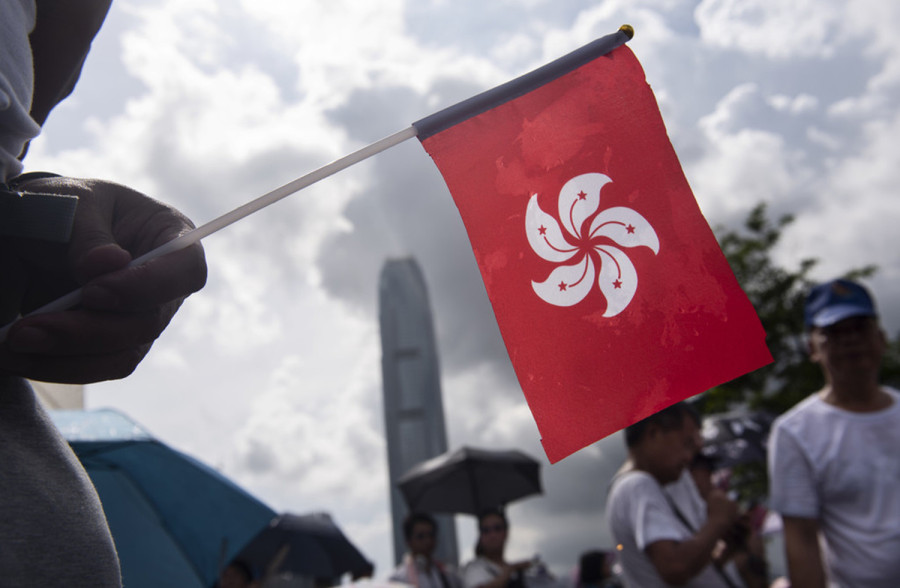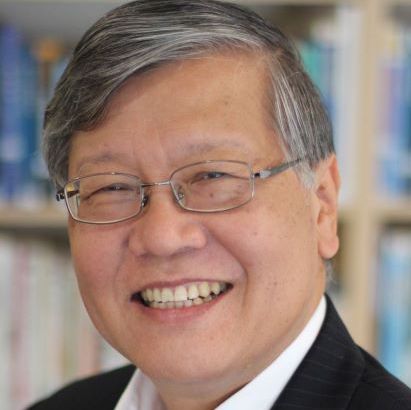Columns
The Hong Kong problems are essentially a family quarrel
The Hong Kong protestors do not appreciate that the protests may eventually destroy their own freedoms.
Andrew Sheng
Summer 2019 will go on record as the hottest summer in human history. But it will also be remembered as a summer of madness when protests erupted everywhere and violence seems to be on the boil.
Who would have expected South Korea to be quarrelling with Japan? Or India taking away the autonomy of Jammu and Kashmir to be replaced with direct rule by Delhi? Or the Argentine peso dropping 30 percent in one day? Why did the US put every one of their major trading partners, including Singapore, Malaysia and Vietnam, on their watchlist of ‘currency manipulators’?
But the biggest news nearer to home is the protests in Hong Kong, shutting down the airport and tanking the economy.
When I was a young man, I had a wise mentor who told me that I was hopeless, helpless and useless. Of course, I was very indignant, but as I grew older, I realised that he was right. In the realities of life, most of us are but bystanders in the greater order of things, hopeless in the face of daunting change, helpless to make an impact, and useless as an individual to influence the complex evolution of local events that reverberate at a global scale.
The easiest thing to do is to blame someone else. But the blame game gets us nowhere. Escalating the blame game polarises and hardens the position of both sides, which makes compromise and a return to normalcy harder.
Cooler heads and warm hearts are required to get to the next stage.
My old mentor, who was a hardened journalist, taught me that in order to understand the world, one has to read not what the news says, but what the news does not say. By doing so, you get a more balanced picture of what is going on.
With the rise of social media algorithms directing news, communities everywhere are being polarised because today’s news and social media are painting everything in terms of black and white. Each side sees what they like, and shuts out what they do not like.
We see this trend in the US where the president openly calls the press that opposes him as Fake News. No one seems to be in charge in this escalating multilateral disorder, heated up by climate change and local unrests.
Why have we arrived at this case of false binaries that life is only black or white, without understanding that reality is a million shades of grey? In protesting for freedom, the Hong Kong protestors do not appreciate that the worst freedom may be to eventually destroy their own freedoms. This is like the apocryphal US major during the Vietnam war who famously said that ‘it became necessary to destroy the town in order to save it’.
Can we rationally arrive at a compromise with irrationality? Or vice versa without violence?
There are many who offer sound technical solutions. A rational solution would be to take immediate action on addressing the social discontent that led to the protests, such as reducing inequality, increase public housing, lift up incomes, spend more on education, healthcare, raise real wages, upgrade infrastructure and communicate more.
All these are great ideas, but if they are so good, why weren’t they implemented before?
Hong Kong has no shortage of land, rich fiscal resources and advanced economy high-income levels. Yet since 1997, few public housing projects have been built because these were blocked by the real estate interests and the opposition.
In short, a hard political solution will have to be made to determine whether the Hong Kong Government can ever deliver on social housing. In other words, deliver what the citizens want in real terms. Legitimacy comes from outcomes, not promises.
Adversarial electoral politics means that even if the Pan-Democrats win big in the next Legislative Council election, they will be blocked in delivery of any electoral promises by the new opposition.
The outcome is that the public will continue to be unhappy because the current political structure has none of the advantages of effective delivery through autocratic administrative means, but all the defects of democratic politics. For the good of Hong Kong, a bi-partisan consensus is the only realistic way forward.
We should not forget that the Hong Kong protests are fundamentally a family quarrel, for which unlike Brexit, there can be no divorce. No family quarrel is settled by breaking the family furniture and antiques, let alone through violence. Freedom to protest cannot be at the expense of disrespecting other people’s economic and sovereign rights.
The first order of business is to cool down the temperature and to think through how to fix the existing structure. The current system does not have a good feedback mechanism on how the citizens are feeling, until it is too late. That includes the role of social media in helping to shape a community consensus, not a break-up. If the community itself will not compromise, then the hard decision will be made by the sovereign parent.
No one dreamt that the Hong Kong protests can reach this stage of looming uncertainty, in which even the future of Hong Kong’s rule of law is at stake. That is why I feel hopeless, helpless and useless, watching what I pray is not a tragedy unfolding.
In times of adversity, adversarial and emotional posturing gets nowhere. A family is a community of individuals. Either every individual, young and old, takes the long road together as a community, or else there will only be a broken family.
Sheng writes on global issues for Asia News Network, of which The Kathmandu Post is a member.




 21.12°C Kathmandu
21.12°C Kathmandu















